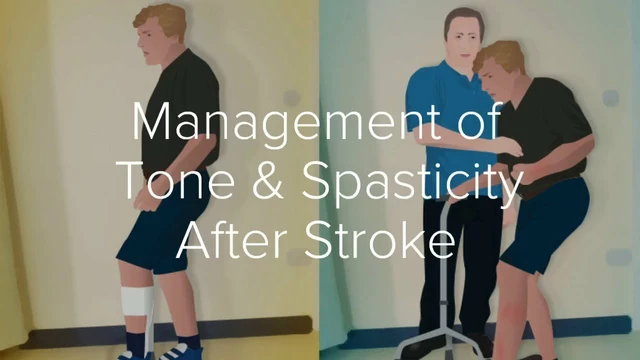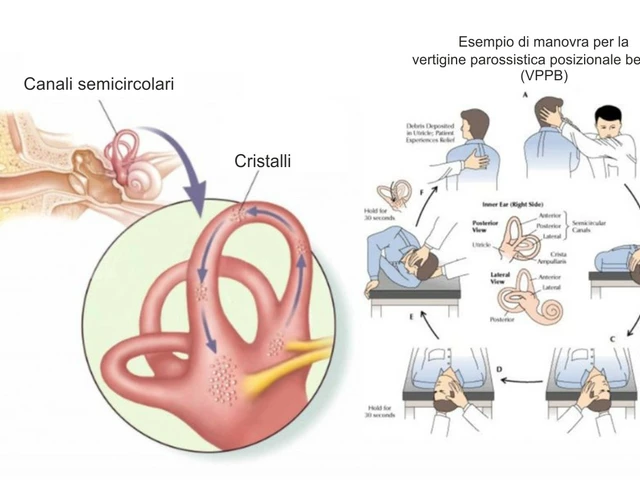Ziprasidone and Therapy: Combining Medication with Psychotherapy for Better Outcomes
Understanding Ziprasidone: An Overview
Before discussing the combination of Ziprasidone and therapy, it's crucial to understand what Ziprasidone is and its role in managing mental health conditions. Ziprasidone, sold under the brand name Geodon among others, is an atypical antipsychotic used to treat symptoms of schizophrenia and bipolar disorder. This medication works by helping to restore the balance of certain natural substances in the brain. It's important to note that while Ziprasidone can help manage symptoms, it does not cure these mental health conditions.
The Role of Psychotherapy in Mental Health Management
Psychotherapy, also known as talk therapy, plays a pivotal role in mental health management. It involves a series of techniques designed to improve mental health and well-being. Cognitive Behavioral Therapy (CBT), Dialectical Behavior Therapy (DBT), and Interpersonal Therapy (IPT) are among the most common forms of psychotherapy. These therapies can help individuals understand and manage their symptoms, develop coping strategies, and improve their quality of life.
Combining Ziprasidone with Psychotherapy: The Rationale
While both Ziprasidone and psychotherapy can be effective on their own, combining the two often leads to better outcomes. Medication can help manage symptoms, while psychotherapy can provide individuals with the tools they need to cope with their condition. This combination approach can be particularly beneficial for individuals who have severe symptoms or have not responded fully to medication or therapy alone.
The Benefits of Combining Ziprasidone with Psychotherapy
Combining Ziprasidone with psychotherapy offers several advantages. For one, this approach can lead to a more rapid and sustained reduction in symptoms. Additionally, therapy can help individuals understand the nature of their condition and learn how to manage it effectively. This can lead to improved adherence to medication, which can further enhance treatment outcomes. Finally, combining medication with therapy can help prevent relapse and improve overall quality of life.
Key Considerations in Combining Ziprasidone with Psychotherapy
While there are clear benefits to combining Ziprasidone with psychotherapy, it's important to consider a few key factors. First, it's crucial to find a mental health professional who is experienced in this combination approach. Additionally, it's important to have regular check-ups to monitor the effectiveness of the treatment and make any necessary adjustments. Lastly, it's crucial to maintain open and honest communication with your healthcare provider about any side effects or concerns.
Success Stories: Real-Life Examples of Combining Ziprasidone with Psychotherapy
Real-life success stories can provide a powerful testament to the effectiveness of combining Ziprasidone with psychotherapy. In this section, we'll share inspiring stories of individuals who have successfully managed their mental health conditions through this combination approach. These stories serve as a source of hope and inspiration for those who are currently struggling with similar issues.
Navigating Challenges: Potential Side Effects and How to Manage Them
While combining Ziprasidone with psychotherapy can lead to better outcomes, it's not without potential challenges. Side effects can occur, and it's important to be prepared for them. Common side effects of Ziprasidone include drowsiness, dizziness, and restlessness. In this section, we'll discuss how to manage these side effects and continue on the path to improved mental health.
Concluding Thoughts: The Power of Combining Ziprasidone with Psychotherapy
In conclusion, combining Ziprasidone with psychotherapy can lead to better outcomes for individuals struggling with schizophrenia or bipolar disorder. While it's not a cure, this combination approach can help manage symptoms, improve quality of life, and prevent relapse. It's a powerful testament to the importance of a comprehensive approach to mental health management, one that incorporates both medication and therapy.





Written by Jakob Fitzroy
My name is Jakob Fitzroy, and I am an expert in pharmaceuticals with a passion for writing. I have dedicated my life to studying medication and understanding how it affects various diseases. My goal is to educate people about the importance of proper drug therapy and prevention methods. I have authored numerous articles, providing valuable insights on medication, its development, and its impact on patients. My driving force is to contribute to the ongoing fight against diseases and improve the overall health and well-being of people around the world.
All posts: Jakob Fitzroy